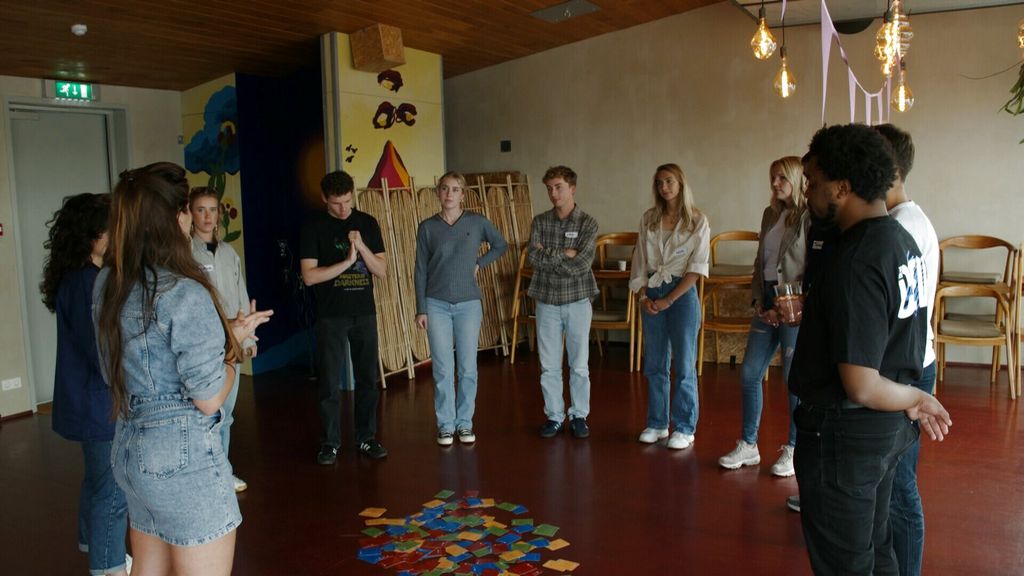-
Mayra Pereira Furtado dos Reis
Editor Newsur
-
Mayra Pereira Furtado dos Reis
Editor Newsur
There is a new generation of employees entering the workforce, one with a not-so-good reputation: Generation Z, born between 1997 and 2015. People in their twenties are said to be spoiled and not very flexible. With sarcastic nicknames like “snowflakes” and “rubber tile kids,” they were raised by “wrinkly parents” who ignored their problems. Training courses are now teaching employers and Generation Z how to interact with each other.
Employers see Generation Z – the first generation to have grown up fully exposed to all the possibilities of the digital world – as having high expectations for the job market. Difficult situations should not only lead to personal growth, but also have a positive impact on people and society. People in their 20s see an attractive salary as fair.
Distinguished position
Eva Gissing is Director of recruitment agency The Next Crew. She says Generation Z mainly seeks happiness and has difficulty dealing with less pleasant moments. “They expect that every choice they make will lead to that happiness. But not every choice can lead to happiness, and sometimes it’s not that fun.” The Next Crew helps beginners find their way into the workforce through training and learning how to deal with disappointment.
Gen Z twenty-somethings are often not interested in full-time work. Life alongside work is just as important, if not more so. In the current tight labor market, they can therefore apply. “Generation Z” has a distinct position compared to the previous generation Y – Millennials – who entered the labor market during a period of high unemployment.
How do people in their 20s respond to mainstream characterizations? What do they want to learn?

The course makes Generation Z resilient to the labor market
Employers find seemingly unrealistic demands difficult in your 20s. According to an American Survey, 74% of American managers view Generation Z as unmotivated, easily distracted, and overly sensitive to criticism. They believe that this generation finds it difficult to put their shoulders on the wheel.
‘courage’
According to Timo De Regt, director of recruitment agency STAN Partners, conflicts arise when everyone looks at the world too much from the perspective of their own generations. “While you have to engage in dialogue with your employees to achieve successful collaboration, each generation has learned to work with the other. Skipping a generation is difficult,” says De Regt, who offers training and courses to employers and recruitment agents to help different people. Generations to bring them closer together.
Research conducted by TNO last year showed that 21 percent of young employees between the ages of 18 and 27 feel emotionally exhausted from working multiple times a month. But Generation Z expert Hajar Yaqoubi (23 years old) was not shocked by this. She believes that other generations can follow her generation’s example of openness. “I don’t consider it weakness, but rather a kind of courage. To actually dare to show that something is bothering you or that things are not going well.”

“Lifelong zombie fanatic. Hardcore web practitioner. Thinker. Music expert. Unapologetic pop culture scholar.”








